10 Things Vets Never Do With Their Own Dogs And Why
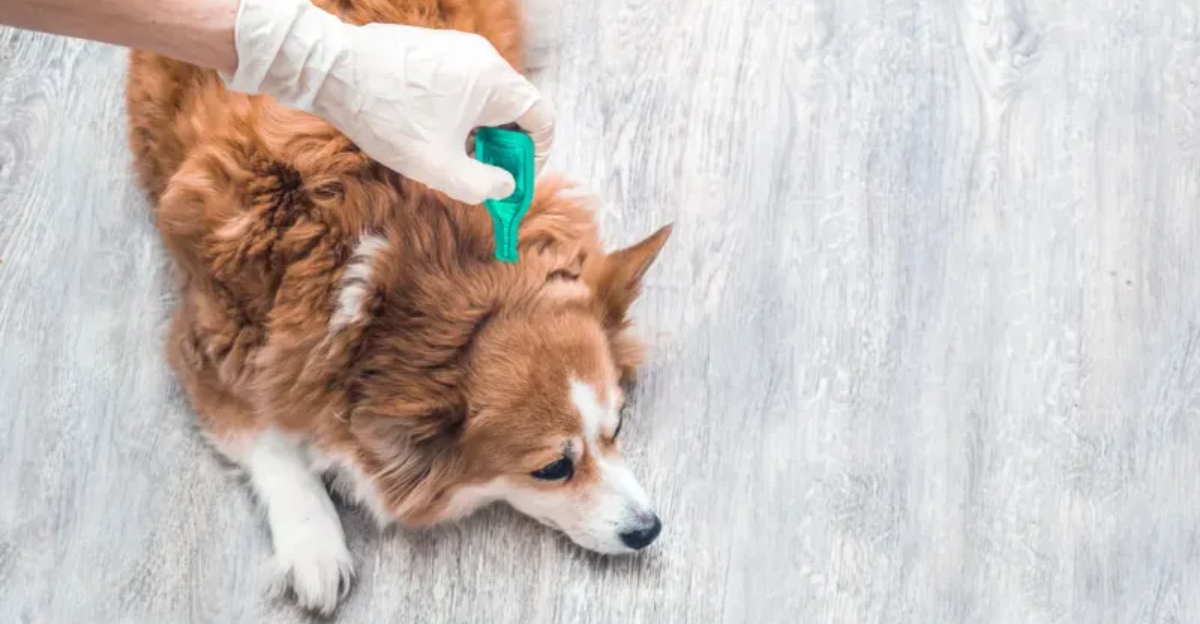
Ever wonder what professional veterinarians do differently when caring for their own furry friends? Vets have insider knowledge about canine health that shapes how they raise their four-legged companions.
Their behind-the-scenes practices can teach us all better ways to keep our dogs healthy and happy for years to come.
1. Skip Regular Check-ups
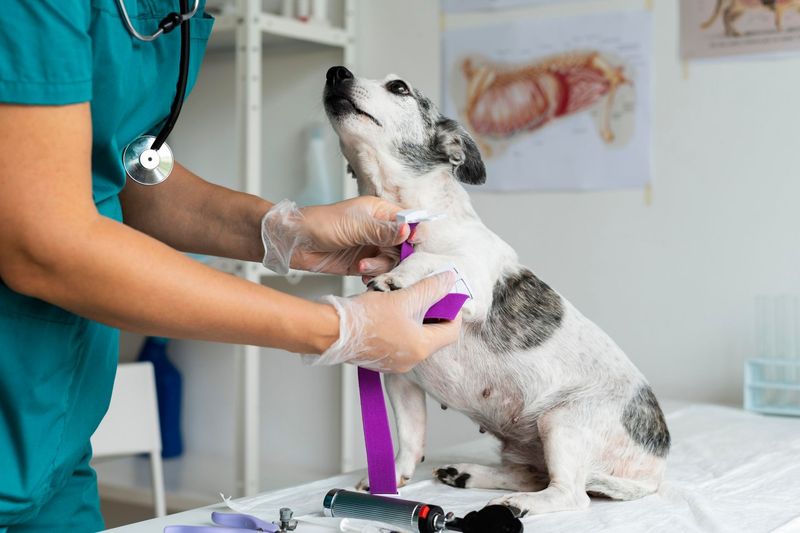
Veterinarians never miss annual wellness visits for their own pups. They understand that early detection saves lives and money in the long run.
Routine bloodwork can catch issues before symptoms appear. Even healthy-looking dogs need regular professional examinations to spot subtle changes that owners might miss.
2. Feed Unlimited Treats
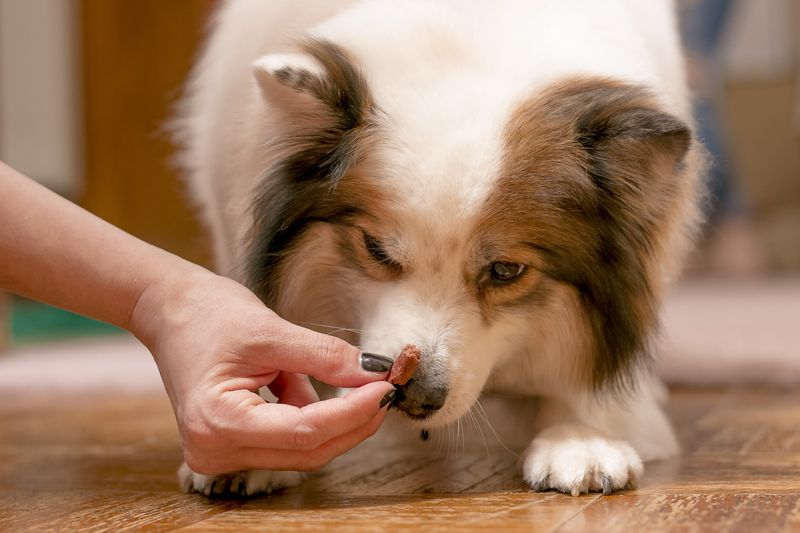
Those puppy eyes are hard to resist! Yet vets limit treats to just 10% of their dog’s daily caloric intake. They carefully select healthy options like carrot sticks or single-ingredient treats.
Overindulgence leads to obesity, which shortens lifespan and causes joint problems, diabetes, and heart issues.
3. Neglect Dental Care
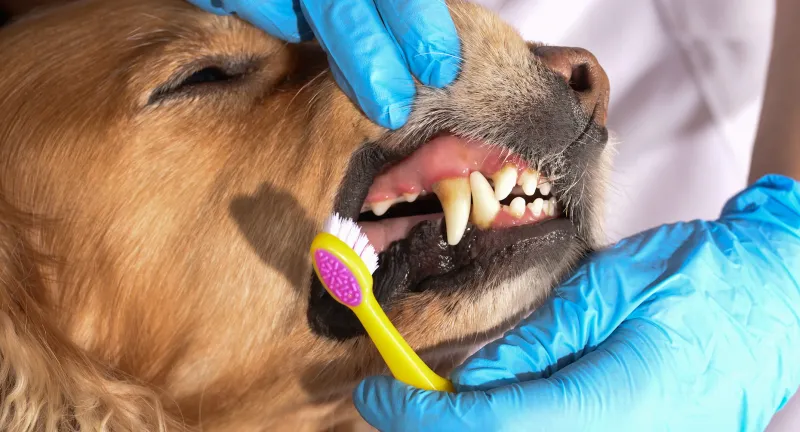
Bad breath isn’t just unpleasant—it signals potential health problems. Vets brush their dogs’ teeth several times weekly using pet-specific toothpaste.
They know dental disease can spread bacteria to vital organs like the heart and kidneys. Regular dental maintenance prevents painful extractions and expensive professional cleanings down the road.
4. Use Human Medications

That bottle of ibuprofen in your medicine cabinet? Potentially deadly for dogs. Vets never give their pets human medications without professional guidance.
Common pain relievers can cause kidney failure, liver damage, or fatal bleeding in canines. Even seemingly harmless human medicines have different effects in dogs’ unique body chemistry.
5. Skip Daily Exercise
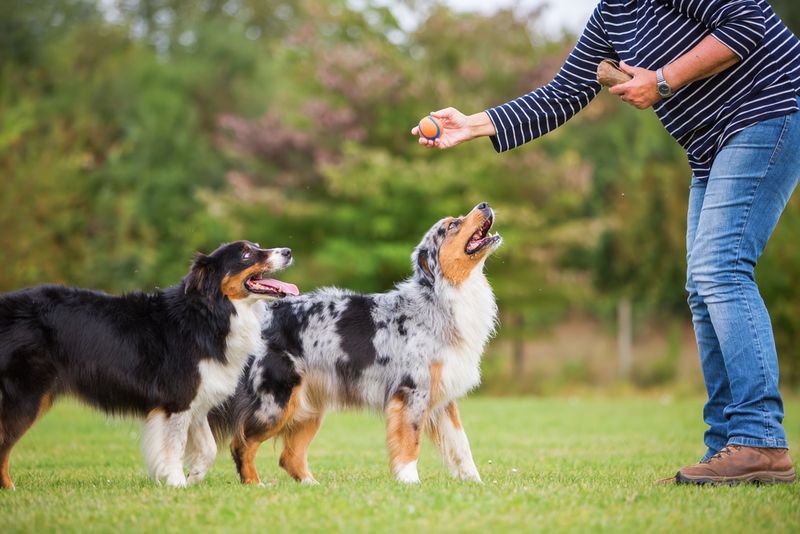
Rain or shine, vets prioritize their dogs’ physical activity. They know a sedentary lifestyle creates both behavioral and health problems.
Regular exercise maintains healthy weight, strengthens the heart, and reduces anxiety. Mental stimulation through walks, play, and training prevents destructive behaviors caused by boredom and pent-up energy.
6. Allow Off-Leash Freedom Without Training

The freedom to roam unleashed seems ideal, but vets insist on solid recall training first. They understand the dangers of traffic, wildlife encounters, and other dogs.
Vets spend months perfecting commands before trusting their dogs off-leash. Even then, they choose secure areas and remain vigilant, knowing that instincts can sometimes override training.
7. Feed Bargain Bin Food

Veterinarians scrutinize ingredient lists before choosing their dogs’ food. They avoid brands with vague meat sources, excessive fillers, and artificial preservatives.
Quality nutrition directly impacts coat condition, energy levels, and disease resistance. While premium food costs more upfront, vets know it often reduces healthcare expenses over their pets’ lifetimes.
8. Ignore Subtle Behavior Changes
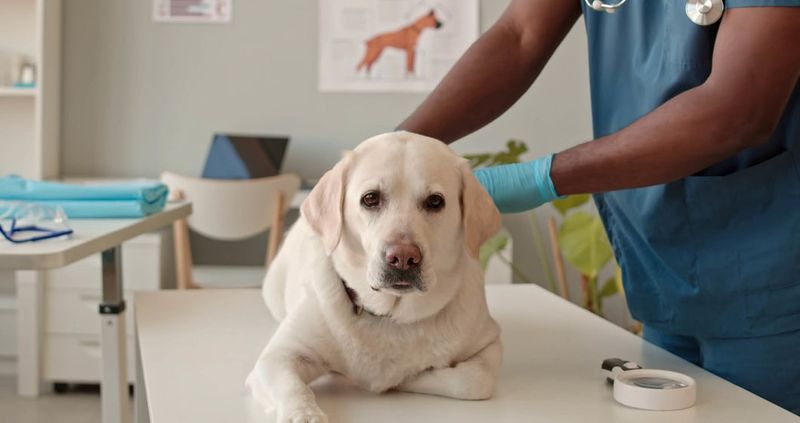
When a typically energetic dog suddenly prefers napping, vets take notice. They recognize that behavioral shifts often signal health problems before physical symptoms appear.
Increased thirst, reluctance to climb stairs, or changes in appetite trigger immediate investigation. Vets know that early intervention typically means simpler, less expensive treatment with better outcomes.
9. Skip Parasite Prevention
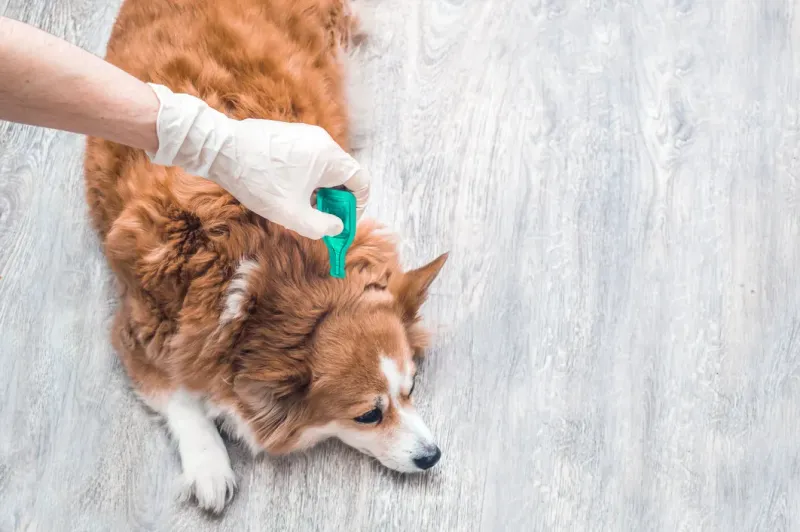
Fleas, ticks, and heartworms aren’t just nuisances—they’re serious health threats. Vets maintain year-round prevention schedules for their own dogs without gaps.
They know a single missed dose can create an opening for parasites. Even indoor dogs receive regular preventatives since mosquitoes, which transmit heartworm, can easily enter homes.
10. Allow Uncontrolled Socializing
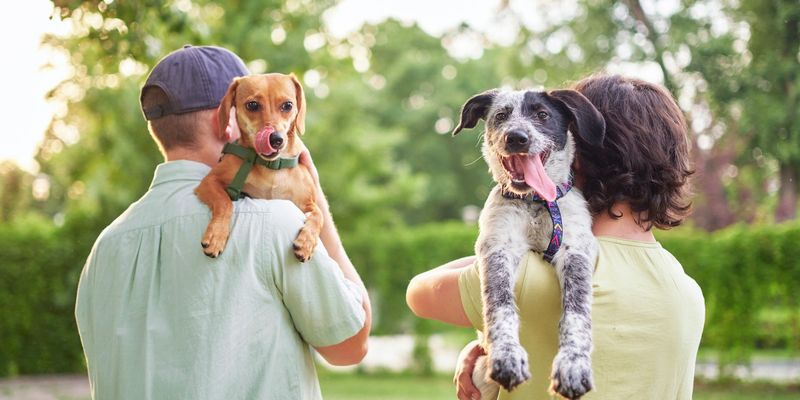
Dog parks seem like fun, but vets approach them cautiously. They evaluate other dogs’ body language and vaccination status before allowing interaction.
Unstructured socialization can expose pets to aggressive behavior or contagious diseases. Vets arrange playdates with known, compatible dogs instead of risking encounters with unpredictable strangers.






